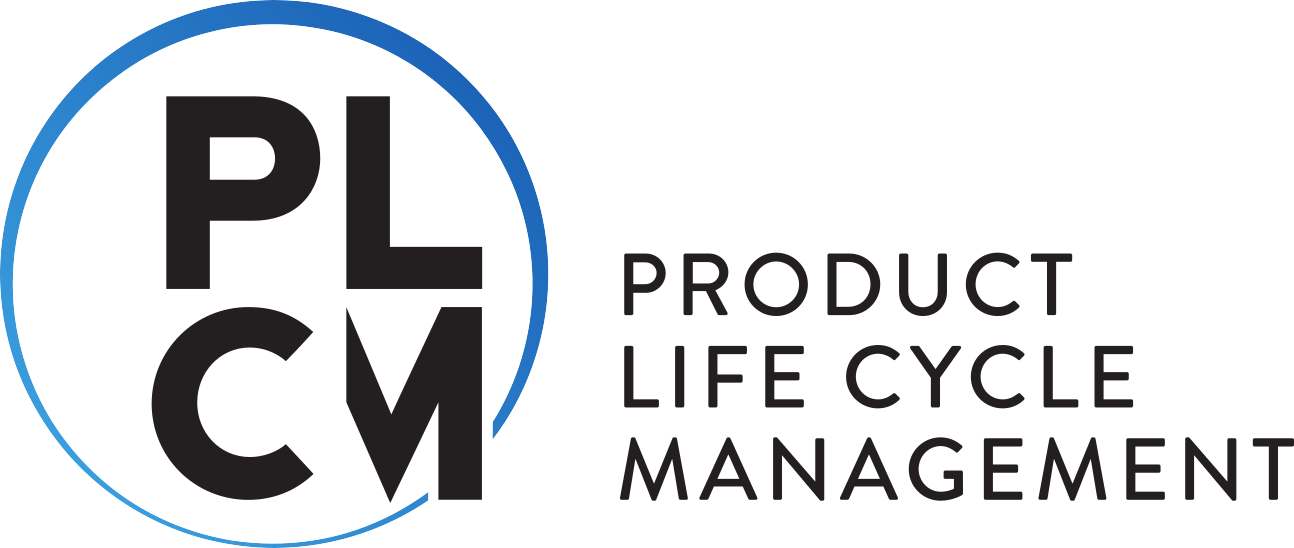Location: L402| 1/2 & Livestream & records
Time: wednesdays from 8:00 a.m until 11:20 a.m
Semester: summer semester
Start of the lecture: 17.04.2024
End of the lecture: 17.07.2024
Examination date: open
Allowed materials for the examination: Approved is a non-programmable calculator without communication interface.

This lecture is intended to teach students of the master program how processes in production are changing due to progressive digitization. The lecture will show how agility and flexibility for individualized production can be achieved. The basis is on the one hand the networking of production processes. It will be shown how modern information and communication infrastructures look like and which models for a standardized networking are available. On the other hand, the importance of data acquisition, handling and usage as a decisive asset in tomorrow's production is presented. Finally, the lecture gives a view on modern control mechanisms up to the question of autonomous processes in production.
Learning Targets:
- What will the networked, data-driven production processes of the future look like?
- Why do I need a networked, data-driven production process?
- What information and communication infrastructures will exist in future production?
- How does integrated data and communication management in production look like?
- What role does the digital twin play in data-driven production?
- What is data needed for?
- Where and how is data collected?
- What are the challenges of data processing and evaluation?
- How is a modern production controlled?
- How does adaptation and autonomy look like in production plants of the future?



